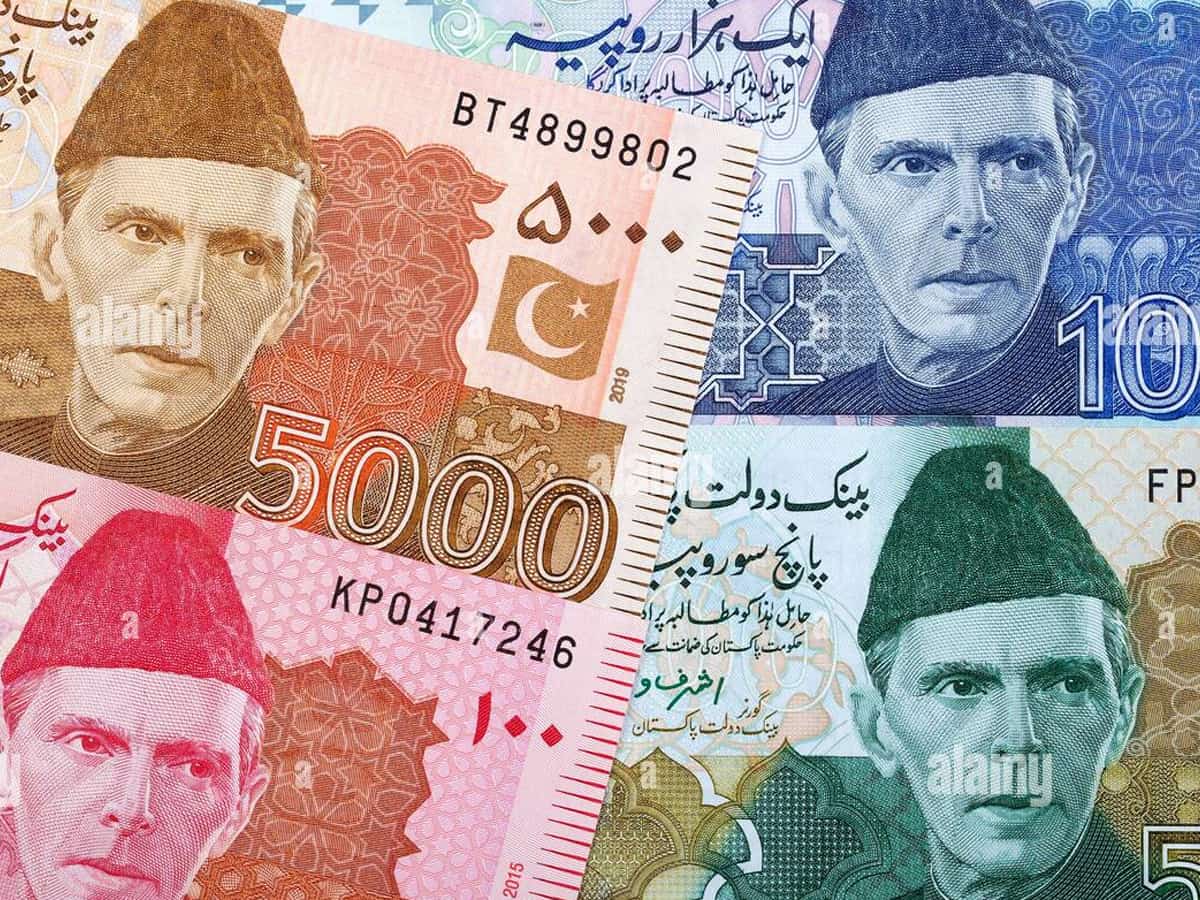The black market exchange rate of the US dollar to the Nigerian naira has been a topic of interest for many Nigerians. The black market, also known as the parallel market, is an unofficial market where foreign currencies are traded outside the official exchange rate. In recent times, the black market has become a popular avenue for Nigerians to exchange their naira for dollars due to the scarcity of foreign exchange in the official market. In this article, we will explore the current exchange rate of the dollar in the black market, factors that influence the exchange rate, and the implications of the exchange rate on the Nigerian economy.
The Current Exchange Rate of Dollar in Black Market
According to NgnRates.com[1], the black market sell rate of the US dollar to the Nigerian naira has been fluctuating in recent times. For the last seven days between 27/05/2023 and 02/06/2023, the dollar to naira black market sell rate took values between ₦750 and ₦775 with an average of ₦761.11. As of 02/06/2023, the average dollar to naira rate had a 6.11 points decrease from ₦761.11 to ₦755.00, which corresponds to a 0.8% fall. On June 5, 2023, Aboki[2] reported that the US dollar was being traded at ₦750 in the black market in Lagos.
Live US Dollar to Naira Exchange Rate[3] reported that as of June 4, 2023, one US dollar is equal to 461.42 Nigerian naira, with a rate of 461.4200 -1.16. The inverse is 1.00 NGN = 0.00217 USD. The Nigerian naira fell by -0.25% (-1.16) against the US dollar compared to the previous closing exchange rate.
Factors Influencing the Exchange Rate of Dollar in Black Market
Several factors influence the exchange rate of the US dollar in the black markethow much is dollar in black market. One of the significant factors is the scarcity of foreign exchange in the official market. The Central Bank of Nigeria (CBN) has been rationing foreign exchange in recent times, leading to a shortage of dollars in the official market. This scarcity has led to an increase in demand for dollars in the black market, leading to a rise in the exchange rate.
Another factor that influences the exchange rate is inflation. Inflation erodes the value of a currency, leading to a decrease in its purchasing power. When inflation is high, people tend to prefer foreign currencies like the US dollar as a store of value, leading to an increase in demand and a rise in the exchange rate.
Political instability and economic uncertainty are also factors that influence the exchange rate of the US dollar in the black market. When there is political instability or economic uncertainty, people tend to lose confidence in the local currency, leading to an increase in demand for foreignhow much is dollar in black market currencies like the US dollar.
The Implications of the Exchange Rate on the Nigerian Economy
The exchange rate of the US dollar in the black market has significant implications for the Nigerian economy. One of the implications is inflation. When the exchange rate of the US dollar rises, it leads to an increase in the prices of imported goods, leading to inflation. Inflation erodes the purchasing power of consumers, leading to a decrease in their standard of living.
The exchange rate also affects foreign investment in Nigeria. When the exchange rate is high, it makes it expensive for foreign investors to invest in Nigeria. This leads to a decrease in foreign investment, which can have adverse effects on economic growth and development.
Furthermore, the exchange rate of the US dollar in the black market affects the balance of payments. When the exchange rate is high, it leads to an increase in imports and a decrease in exports. This leads to a negative balance of payments, which can have adverse effects on the economy.
Conclusion
The exchange rate of the US dollar in the black market is a significant concern for many Nigerians. The scarcity of foreign exchange in the official market, inflation, political instability, and economic uncertainty are factors that influence the exchange rate. The implications of the exchange rate on the Nigerian economy include inflation, foreign investment, and the balance of payments. It is essential for the government to address these issues to stabilize the exchange rate and promote economic growth and development.
